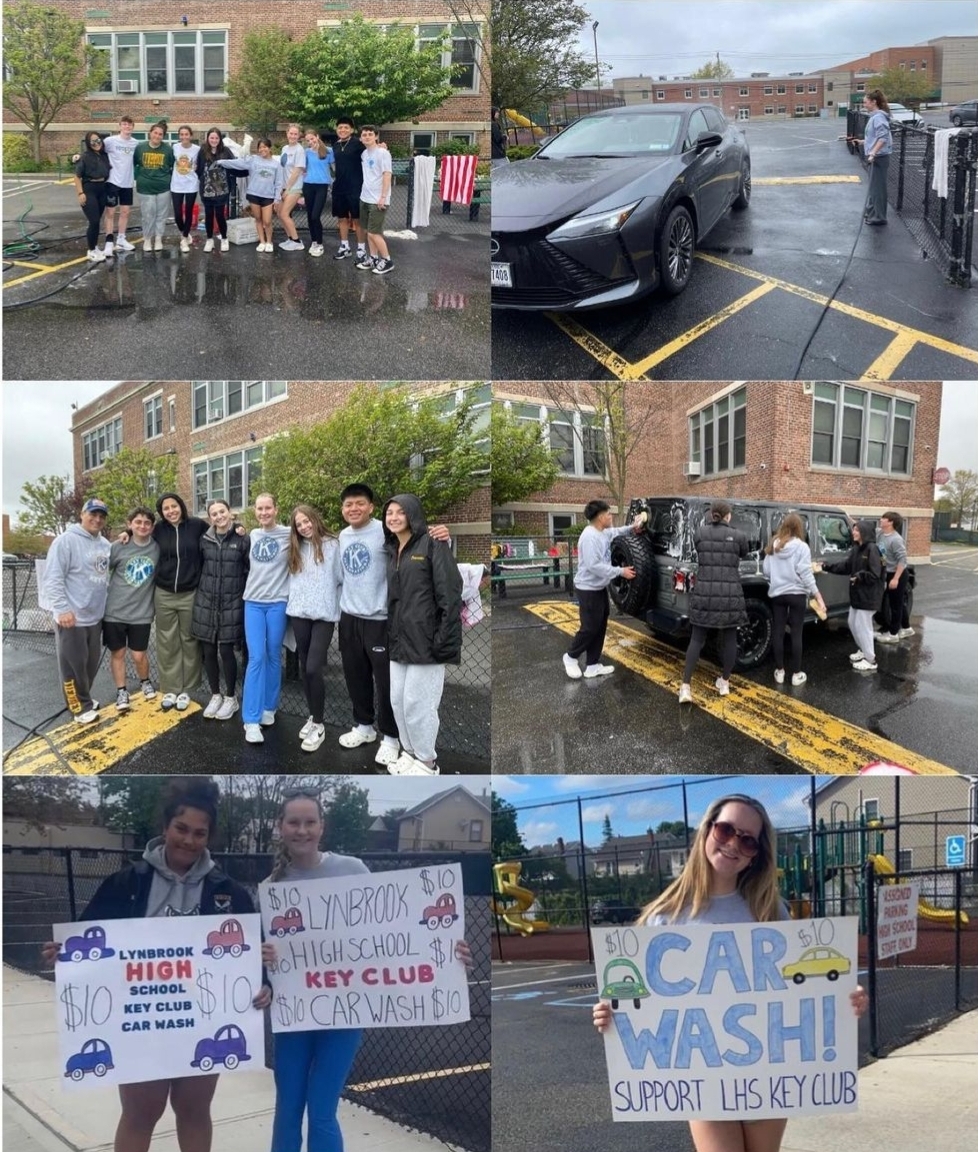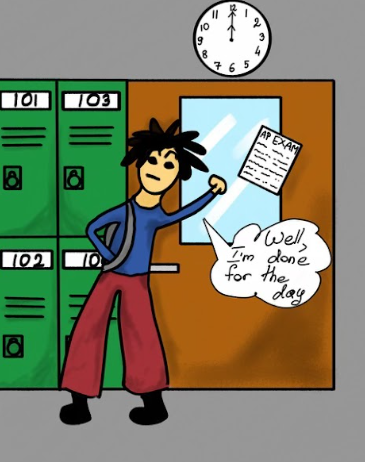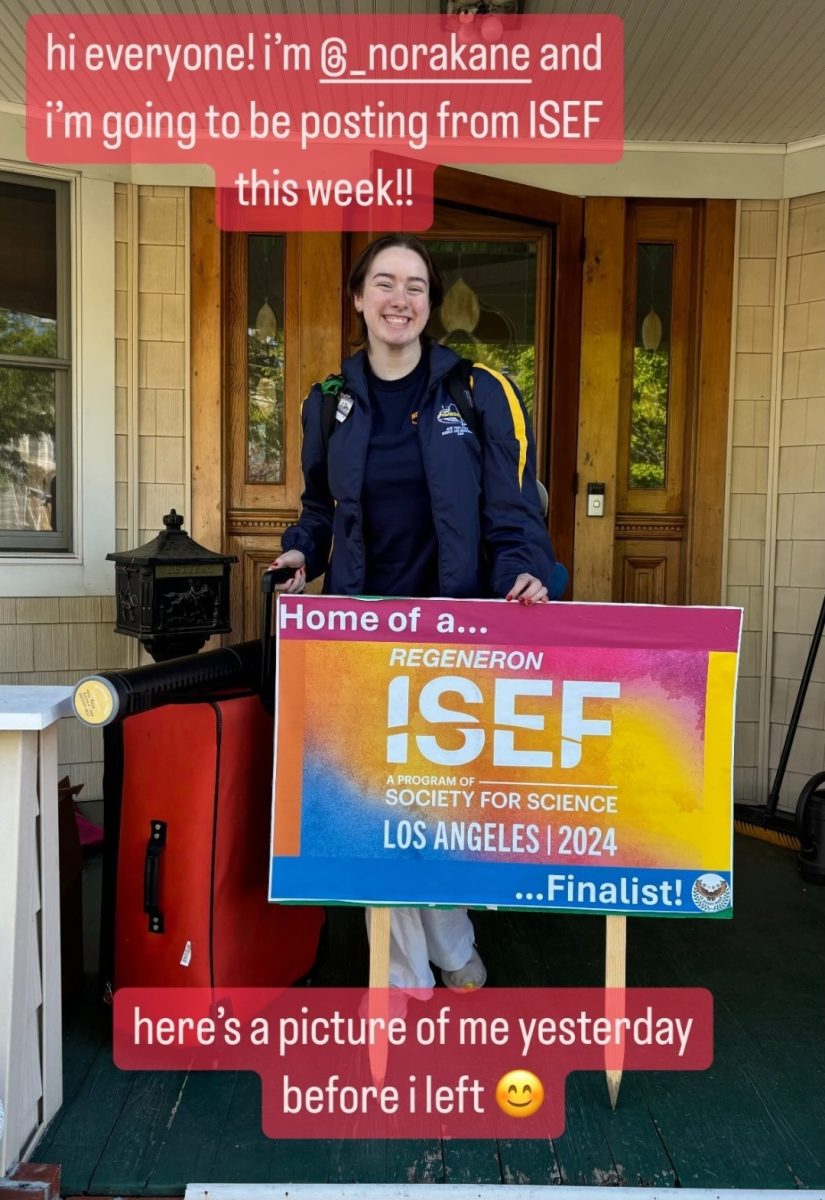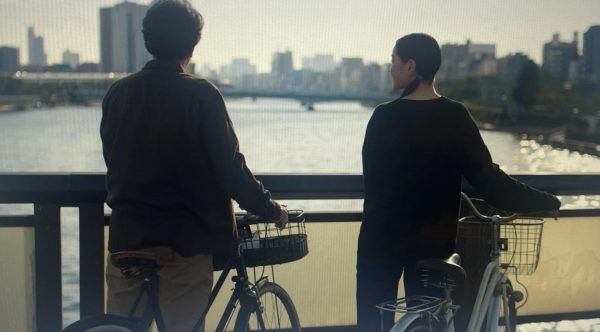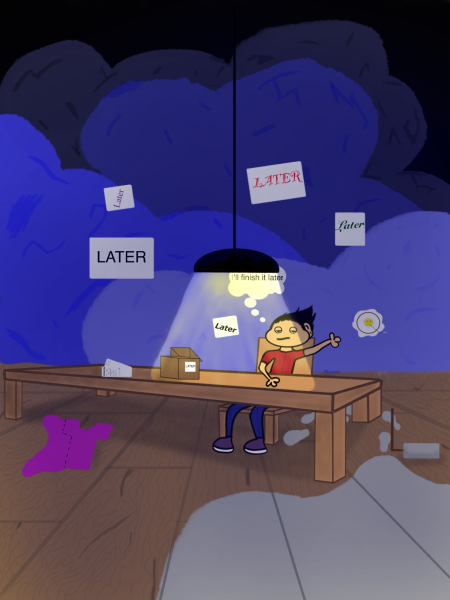We Need to Stop Attributing Climate Change to Individual Habits
The phrase “carbon footprint” has been used to refer to how much greenhouse gas someone emits during his/her everyday life since the early 1980s. Today, the phrase is everywhere, from online calculators to how-to articles about reducing it. But what most people do not know is that the term was not created by scientists or climate change activists—it was coined by mega oil company British Petroleum (BP) as a means to shift public blame of climate change off of companies like themselves and onto the shoulders of the average person. The idea that the climate crisis is the fault of regular people is harmful because it allows the true culprits to continue to get away with their crimes. Climate change is not the fault of the average person, and changing personal habits to be “greener” is not the way to stop it. Instead, it is the responsibility of the average person to vote for leaders who will make a change and to hold them accountable for doing so.
For too long, people have been made to feel guilty about the choices they make in terms of the environment. Well-intentioned climate activists judge those who eat dinner on paper plates, drink their coffee through plastic straws, and drive to work rather than bike. However, while people are busy pointing their finger at their neighbor with the plastic grocery bag, they are putting the blame on people who have little power to change the gigantic problem of climate change. According to The New York Times, BP, who advertised in 2006 that people should go on a “low carbon diet,” helps itself to a carbon buffet of 55 million tons of emissions per year just to extract oil and gas. That number does not even include the emissions that occur when its products are used. It is a lot less terrifying to pretend that if people just buy some metal straws, the whole problem will go away than to think about the truth: unless the CEOs and world leaders make drastic changes, nothing is going to get better.
Climate change is one of few political issues that gets shifted so heavily onto the average person’s shoulders. Nobody is asking people why they aren’t personally fixing immigration issues, reforming gun laws, or working to reduce unemployment. It is understood that the average person does not have the power to fix these things and should therefore focus on voting for politicians who will. But when it comes to the environment, this logic is lost. Senior Juliette Bohn said, “I definitely think that it is unfair for large companies and the government to advise people to be more eco-friendly when they have little power to resolve the issue. It is the responsibility of those in power to make a change.”
Blaming individuals for climate change also disproportionately guilts people of lower income. “Green” solutions such as hybrid vehicles, organic foods, and low-waste alternatives are often far more expensive than their non-eco friendly counterparts. The people who have the least amount of financial power in society should not be made to feel responsible for the problems caused by the wealthy. Senior Hannah Seideman said, “A lot of the things that are advertised as more environmentally friendly are more expensive than regular products. This could make people feel pressured into spending more than they can afford.”
Furthermore, expecting consumers to be able to fix climate change is unrealistic because many of the proposed alternatives to wasteful products are actually not much better for the environment. The practice of “greenwashing” has grown dramatically among companies in recent years. Greenwashing is when a company falsely advertises a product as being better for the environment than it actually is. When consumers feel guilted into lowering their environmental impact, they may reach for one of these faux eco-friendly products. It is not realistic to expect the average consumer to be able to discern which products are actually better for the environment. People should not be expected to fix a problem when the solution involves so much deception and confusion.
This is not to say that the average person has zero responsibility for the climate crisis. The aim of everyday people should be to support leaders and companies that are genuinely committed to using their power to make a positive change. If people stopped worrying as much about their individual habits and instead focused their attention to putting pressure on people in power, then more significant change could be made in the fight against climate change.

I am a member of the Class of 2023 and one of the editors-in-chief for the print edition of Horizon. Outside of Horizon, I enjoy running and spending time...




